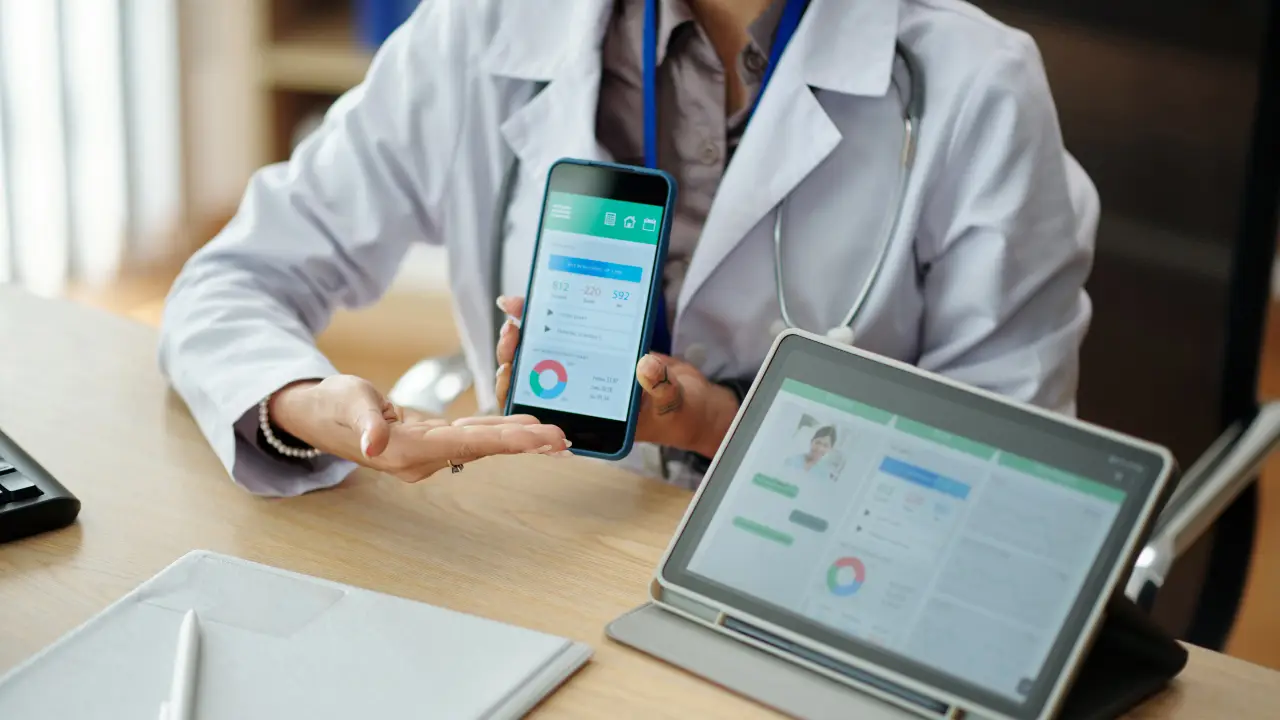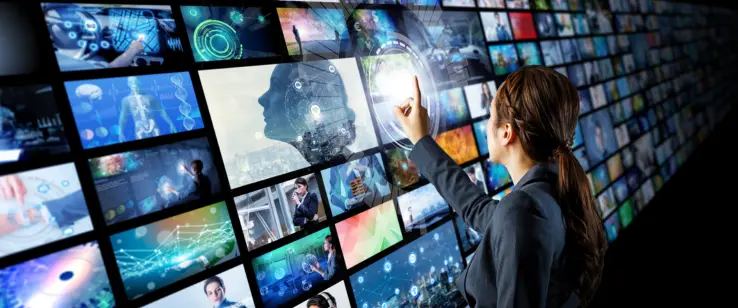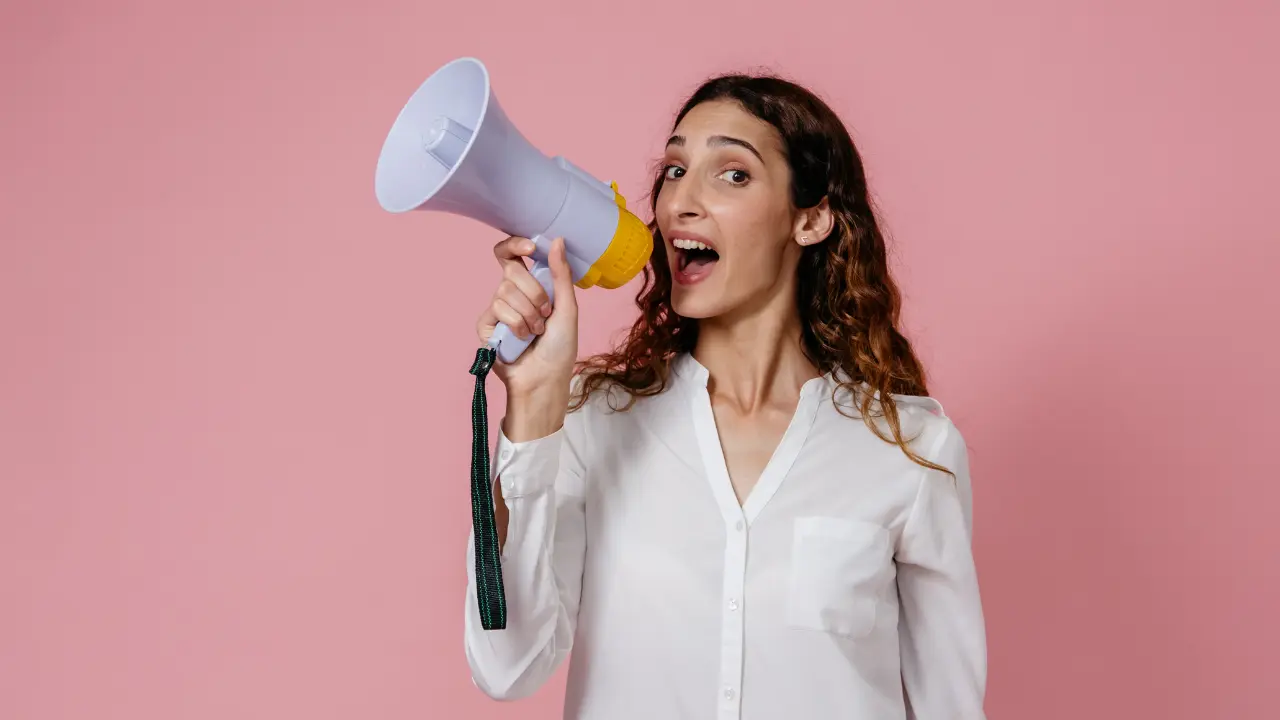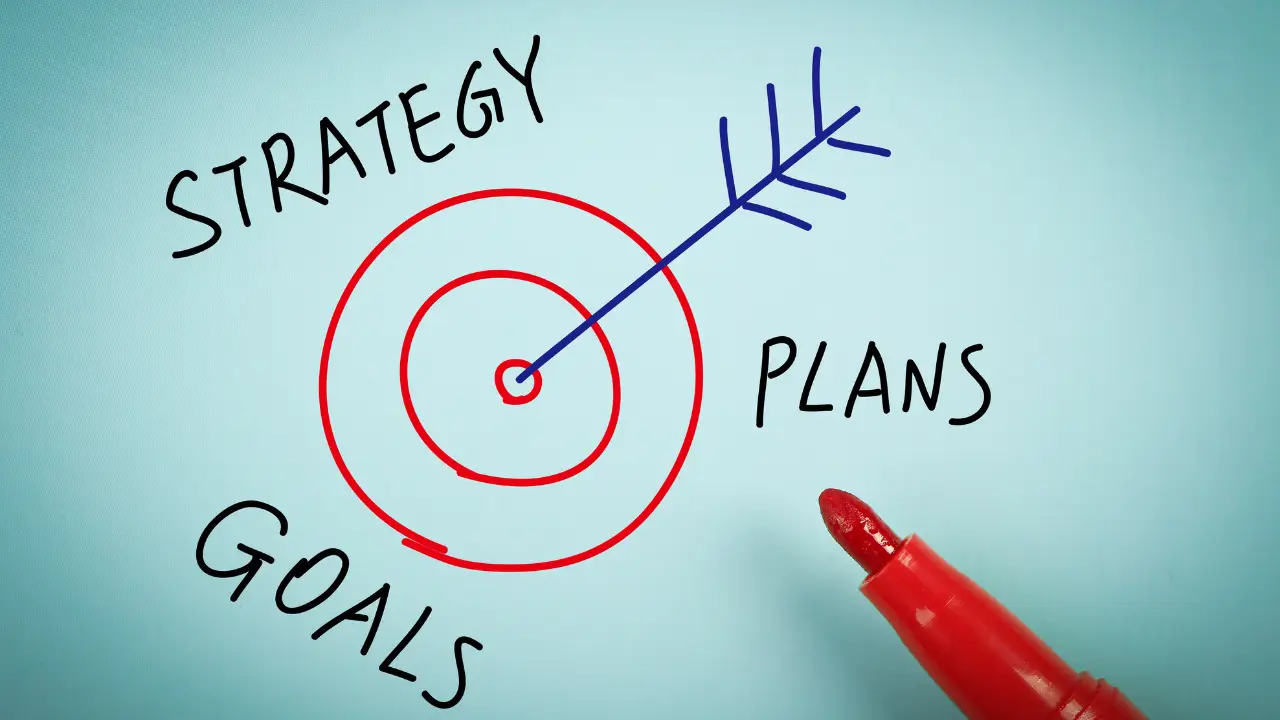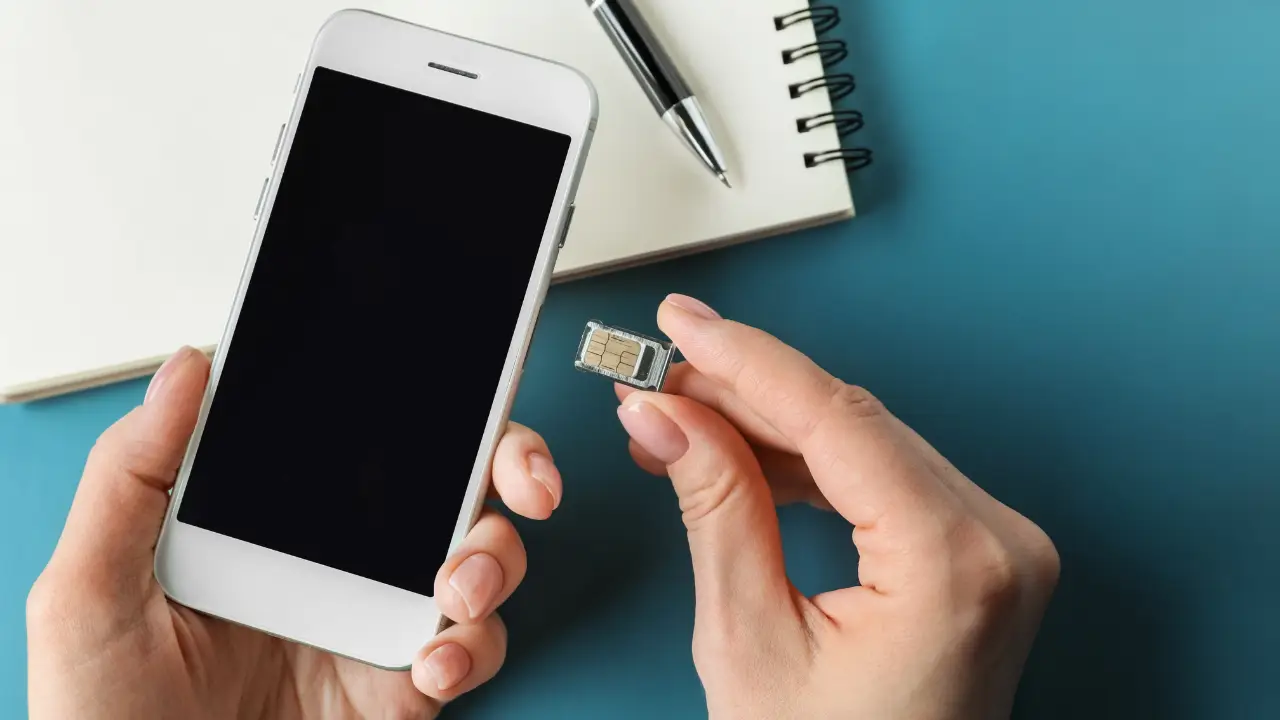The Rise of Mental Health Apps and Their Effectiveness
In recent years, mental health has become a topic of increasing importance, and with it, a new wave of mental health apps has emerged. These apps promise to offer users accessible, convenient, and affordable ways to manage their mental well-being. But how effective are these digital tools, and do they truly deliver on their promises?
A Growing Need for Accessible Mental Health Care
The rise of mental health apps comes at a time when the demand for mental health care has never been higher. Globally, millions of people are struggling with anxiety, depression, stress, and other mental health issues. The COVID-19 pandemic only amplified these problems, leading to a surge in mental health concerns across all age groups.
Traditional mental health care, such as therapy and counseling, often comes with barriers like high costs, long wait times, and geographical limitations. In many areas, there’s a shortage of mental health professionals, making it difficult for people to access the care they need. This is where mental health apps step in, offering a potential solution to bridge the gap between demand and available resources.
The Appeal of Mental Health Apps
Mental health apps offer several advantages that make them appealing to a wide audience:
- Accessibility: Unlike traditional therapy, which requires appointments and travel, mental health apps are available 24/7. This means that users can access help whenever and wherever they need it.
- Affordability: Many mental health apps are free or cost significantly less than in-person therapy. This makes them a more viable option for individuals who cannot afford traditional mental health care.
- Anonymity: For those who feel uncomfortable seeking help due to stigma or privacy concerns, mental health apps offer a level of anonymity that can make them feel safer and more comfortable.
- Personalization: Many apps offer tailored content based on the user’s specific needs. Whether it’s guided meditation, cognitive behavioral therapy (CBT) exercises, or mood tracking, users can find tools that cater to their unique mental health challenges.
Types of Mental Health Apps
Mental health apps come in various forms, each designed to address different aspects of mental well-being. Some of the most common types include:
- Meditation and Mindfulness Apps: Apps like Calm and Headspace guide users through meditation and mindfulness exercises to help reduce stress and anxiety. They offer everything from quick breathing exercises to longer meditation sessions. Calm is known for its soothing music and sleep stories, while Headspace offers structured meditation courses for beginners and advanced users alike.
- Therapy Apps: Apps like BetterHelp and Talkspace connect users with licensed therapists via text, audio, or video sessions. This makes therapy more accessible, especially for those who might find it difficult to attend in-person sessions. BetterHelp offers a large network of therapists and flexible communication options, while Talkspace provides therapy through various formats, including live sessions and messaging.
- Mood Tracking Apps: Apps like Moodpath and Daylio allow users to log their moods, emotions, and triggers over time. These apps help users identify emotional patterns and provide insights into their mental health. Moodpath also offers screening for depression and anxiety, giving users an idea of when they might need professional help.
- Cognitive Behavioral Therapy (CBT) Apps: CBT is a well-established therapeutic approach that helps individuals challenge and change unhelpful thoughts and behaviors. Apps like Woebot and Sanvello offer CBT-based exercises and techniques that users can do on their own. Woebot is an AI-driven chatbot that interacts with users in real time, offering CBT techniques and emotional support, while Sanvello provides a combination of CBT tools, mood tracking, and meditation practices.
- Crisis Support Apps: For individuals in immediate distress, crisis support apps like Crisis Text Line and 7 Cups provide instant access to trained counselors who can offer support in critical moments. Crisis Text Line connects users with crisis counselors through text messaging, while 7 Cups offers both professional therapy and peer support.
Are Mental Health Apps Effective?
While mental health apps offer many potential benefits, their effectiveness varies. Research on the effectiveness of these apps is still in its early stages, but there are some promising findings.
Studies have shown that meditation and mindfulness apps can effectively reduce symptoms of anxiety and depression, especially when used consistently. For example, users of Headspace have reported significant reductions in stress levels after just a few weeks of use. Similarly, apps like Calm have been shown to improve sleep quality, which is closely linked to better mental health.
Users of therapy apps like BetterHelp and Talkspace have reported high levels of satisfaction, finding them convenient and helpful for managing their mental health. The ability to communicate with a therapist at any time through messaging or scheduled video sessions makes therapy more accessible and less intimidating for many people.
Mood tracking and CBT apps can provide valuable insights and tools for self-management, though they may not replace the need for professional therapy in more severe cases. For instance, Moodpath has been praised for helping users recognize patterns in their mood swings, while Woebot has been effective in delivering CBT techniques in a conversational format that feels engaging and supportive.
However, it’s important to note that not all apps are created equal. The quality of mental health apps can vary widely, and some may lack scientific backing or professional input. Users should be cautious and do their research before relying on any app for their mental health needs. Look for apps that are developed or endorsed by mental health professionals and check for user reviews and ratings.
The Future of Mental Health Apps
As technology continues to evolve, so too will the landscape of mental health apps. With advancements in artificial intelligence and machine learning, future apps may offer even more personalized and effective support. Additionally, as the stigma around mental health continues to decrease, more people may turn to these digital tools as part of their mental health care routine.
In conclusion, while mental health apps are not a one-size-fits-all solution, they can be a valuable resource for many people. Whether used alone or in conjunction with traditional therapy, these apps offer a new way to take control of mental well-being, making mental health care more accessible, affordable, and tailored to individual needs.

